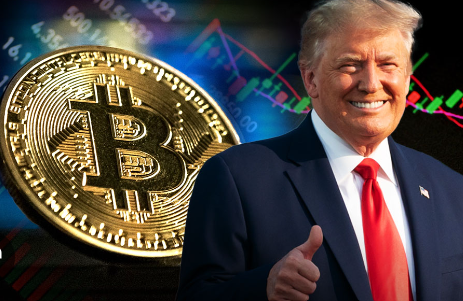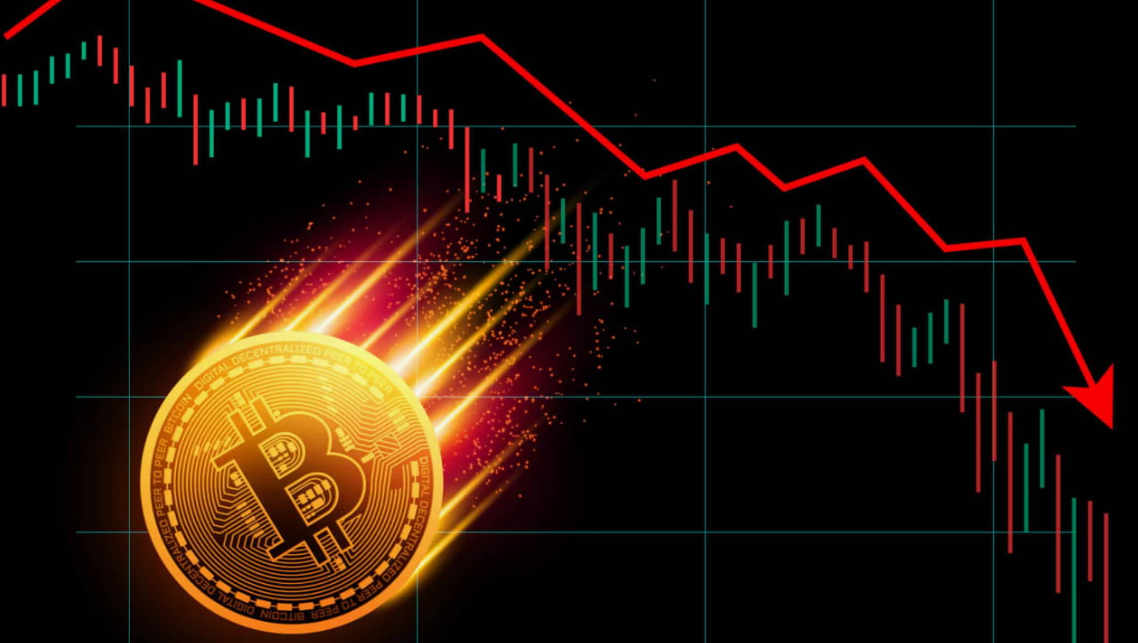Blockchain technology has been one of the most exciting innovations of the last decade, and its adoption has grown steadily in industries from finance to supply chain management. But how would Donald Trump’s leadership influence blockchain adoption? Whether you’re a financial analyst, trader, or researcher, understanding this connection can give you an edge in predicting the future of blockchain.
Let’s dive into the potential impact of Trump’s leadership on blockchain and how platforms like FXpricing can help traders and investors stay informed in this evolving space.
Why Blockchain Matters
Before we jump into Trump’s potential role, let’s quickly recap why blockchain is such a game-changer:
- Decentralization: Blockchain removes intermediaries, offering transparency and efficiency.
- Security: Its cryptographic design makes data tamper-proof.
- Applications Beyond Crypto: From healthcare to voting systems, blockchain’s use cases are expanding.
Now, let’s explore how Trump’s leadership might accelerate or hinder its adoption.
Trump’s Past Comments on Blockchain and Crypto
Skepticism Toward Cryptocurrencies
Trump has made it clear that he’s not a fan of Bitcoin or other cryptocurrencies. In 2019, he tweeted:
“I am not a fan of Bitcoin and other Cryptocurrencies, which are not money and whose value is highly volatile and based on thin air.”
What This Means for Blockchain
While Trump’s skepticism toward crypto might seem like a hurdle, it doesn’t necessarily extend to blockchain technology itself. Many leaders view blockchain as a tool for innovation, separate from its cryptocurrency roots.
How Trump’s Leadership Could Support Blockchain
Strengthening U.S. Technological Leadership
Trump has consistently emphasized making the U.S. a global leader in technology. Blockchain could fit into this agenda, especially in areas like supply chain transparency, national security, and digital identity systems.
Possible Actions
- Encouraging blockchain research and development (R&D) funding.
- Partnering with private companies to pilot blockchain-based solutions in government.
- Creating favorable regulations for blockchain startups.
Focus on Trade and Supply Chains
During Trump’s presidency, there was a strong focus on trade and securing supply chains. Blockchain’s ability to provide transparent, traceable records could align well with this goal.
Blockchain Use Cases in Trade
- Trade Agreements: Blockchain could streamline cross-border transactions and reduce fraud.
- Supply Chain Monitoring: Ensuring the authenticity of goods, from agricultural products to pharmaceuticals.
For instance, traders using FXpricing could track how blockchain adoption impacts commodities and forex markets, identifying new opportunities.
Challenges Under Trump’s Leadership
Regulatory Uncertainty
While blockchain has immense potential, unclear regulations could slow its adoption.
Key Concerns
- Data Privacy Laws: Balancing blockchain’s transparency with data protection.
- Taxation Issues: Addressing how blockchain transactions are taxed.
Trump’s administration would need to provide clear guidelines to ensure blockchain innovation isn’t stifled.
The Role of Blockchain in Finance
Revolutionizing Financial Markets
Blockchain could reshape how financial markets operate, from forex to stocks.
Potential Benefits
- Real-Time Settlements: Faster transactions with lower costs.
- Fraud Prevention: Reducing risks in cross-border payments.
Platforms like FXpricing could integrate blockchain technology to enhance their real-time data and analysis tools, providing even more value to traders.
How Traders Can Prepare for Blockchain’s Future
If blockchain adoption grows under Trump’s leadership, here’s how traders can stay ahead:
- Monitor Policy Announcements:
Use FXpricing’s economic calendar to track regulatory updates and pilot projects involving blockchain. - Diversify Investments:
Explore blockchain-related assets, such as cryptocurrencies or stocks in blockchain-focused companies. - Stay Informed About Market Trends:
Platforms like FXpricing offer live data and analysis, helping traders understand how blockchain adoption impacts various markets.
Personal Insights: A Mixed Outlook
In my opinion, Trump’s leadership could have both positive and negative effects on blockchain adoption:
- The Positives:
- A focus on U.S. technological leadership could drive blockchain innovation.
- Adoption in supply chains and government systems might increase.
- The Negatives:
- Regulatory uncertainty could deter blockchain startups.
- Trump’s skepticism toward cryptocurrencies might limit certain blockchain applications.
For traders and investors, the key is to stay flexible and informed.
What’s Next for Blockchain?
Blockchain’s future depends on leadership that balances innovation with regulation. Under Trump, we could see:
- More Private-Public Partnerships: Piloting blockchain in areas like healthcare and logistics.
- Clearer Regulations: Providing a framework for blockchain startups to thrive.
- Wider Adoption: Encouraging industries beyond finance to explore blockchain applications.
Platforms like FXpricing will be crucial for traders navigating these changes, offering real-time data and insights to capitalize on new opportunities.
FAQs
Q1: How could Trump’s leadership impact blockchain adoption?
Trump’s leadership might drive blockchain adoption through a focus on U.S. technological leadership and supply chain transparency, though regulatory uncertainty could pose challenges.
Q2: What industries could benefit from blockchain under Trump?
Industries like supply chain management, finance, healthcare, and national security could see increased blockchain adoption.
Q3: How does blockchain affect financial markets?
Blockchain enables faster, more secure transactions, fraud prevention, and real-time settlements, which can revolutionize markets like forex and stocks.
Q4: What role does FXpricing play in blockchain adoption?
FXpricing offers real-time data, live charts, and market insights, helping traders understand blockchain’s impact on forex, commodities, and other markets.Q5: What are the challenges of blockchain adoption?
Regulatory uncertainty, data privacy concerns, and taxation issues are key hurdles to widespread blockchain adoption.





